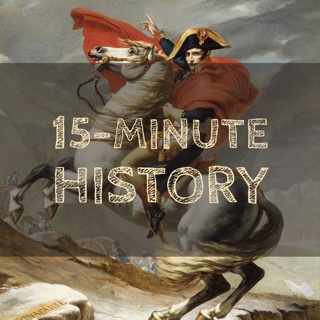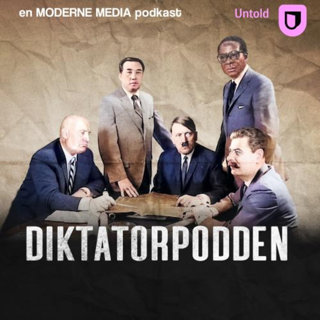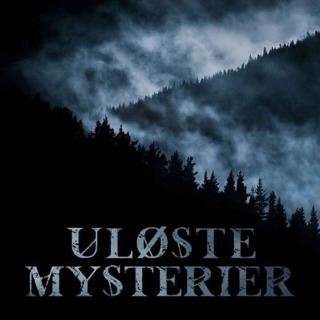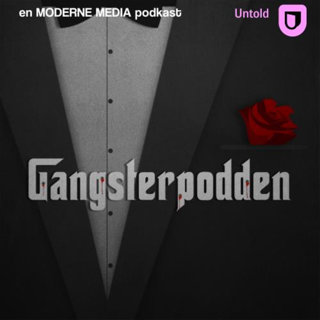
Pop Quiz | The Printing Press and the Internet
It's time for a Pop Quiz! Join us as Joe and I discuss the marvels of the printed word and the "skills gap" that seemed to happen during the Internet revolution.
14 Nov 20247min

The Diadochi Successors | A Discussion
Join us as we discuss the ideas of unity and disunity among the Diadochi successors and the relative merits and detriments of cultural blending.
11 Nov 202445min

Pop Quiz | The 2024 Election
It's time for a Pop Quiz! Joe and I take some time to discuss the results of the 2024 presidential election in the United States and some long-term implications for the two parties.
7 Nov 202421min

Unity and Disunity | The Diadochi Successors
Hubris, an excessive pride in oneself, is a common trait among history's greatest figures. In the decades that followed the death of Alexander the Great, the Diadochi "successors" fought each other for control of the vast empire their leader had built. In the end, the unity created by the mighty king fell to ruin and led to the rise of an even greater power in the Mediterranean world. Join us as we discuss the Diadochi successors, learn the lessons of history and the dangers of hubris, and walk with us through history in fifteen minutes.
4 Nov 202417min

Pop Quiz | A Second Look at Historical Figures
It's time for a pop quiz! Every Thursday, one of the hosts will ask the other a question about history they must answer. Have an idea for a topic? Send it to us at 15minutehistory@gmail.com or submit it to our website at https://www.15minutehistorypodcast.org.
31 Okt 20245min

The Roman Empire | A Discussion
Join us as we discuss six Roman emperors, highlighting how they either helped the empire grow through innovation and scalability, or through corruption and greed, contributed to its downfall.
28 Okt 202435min

Pop Quiz | Technology Transforming History
It's time for a pop quiz! Every Thursday, one of the hosts will ask the other a question about history they must answer. Have an idea for a topic? Send it to us at 15minutehistory@gmail.com or submit it to our website at https://www.15minutehistorypodcast.org.
24 Okt 20244min

The Roman Empire | Lessons
The history of the Roman Empire shows us how even the strongest pinnacles of power and innovation can collapse. From 753 to 509 BC, Rome changed from an ancient Kingdom to a Republic. This republic lasted until 27 BC and by that time, the Roman Empire stretched across Europe, the Middle East, and North Africa, shaping global culture, law, and politics. By 117 AD, under the emperor Trajan, its influence was so absolute across the known world that anything outside of Rome was called “barbarian lands”. Architecture, law, and military innovation made Rome an empire, and at its height, its citizens would never believe that such an empire could be defeated or set to ruin. Join us as we contrast six Roman emperors, highlighting how they either helped the empire grow through innovation and scalability, or through corruption and greed, contributed to its downfall.
21 Okt 202419min




















